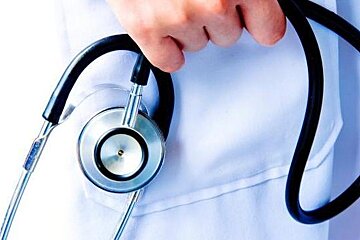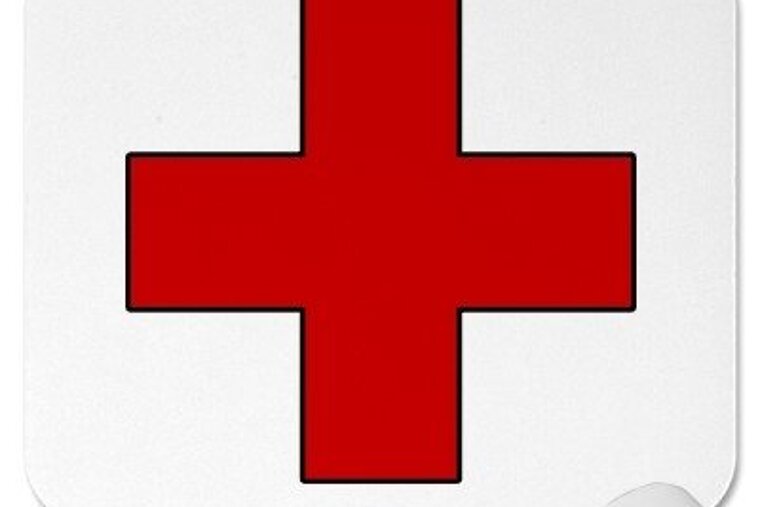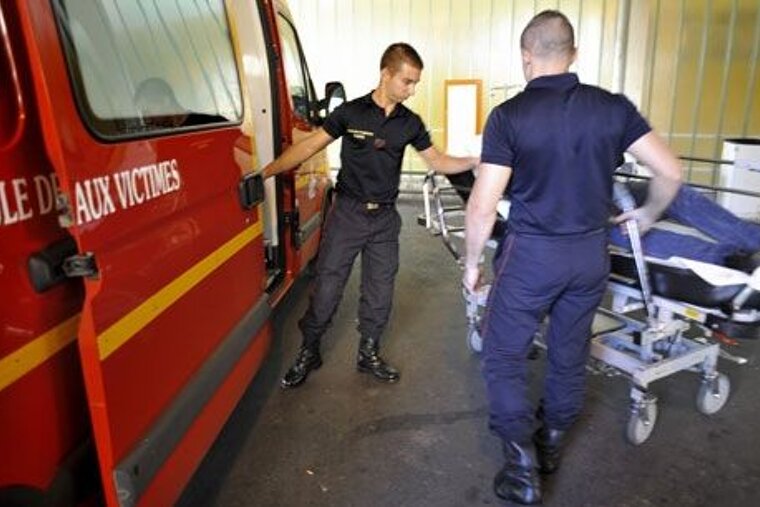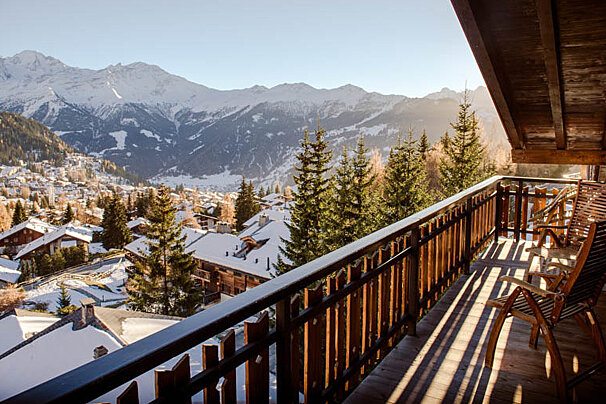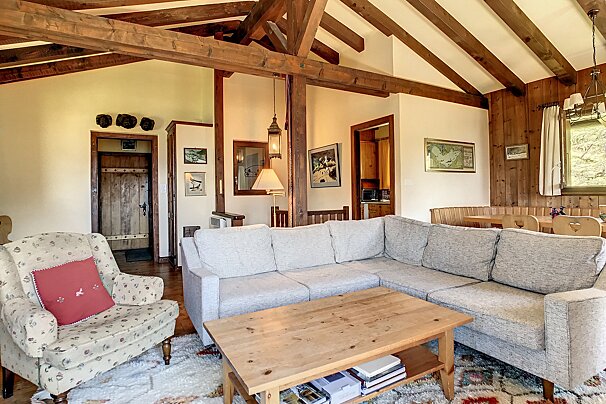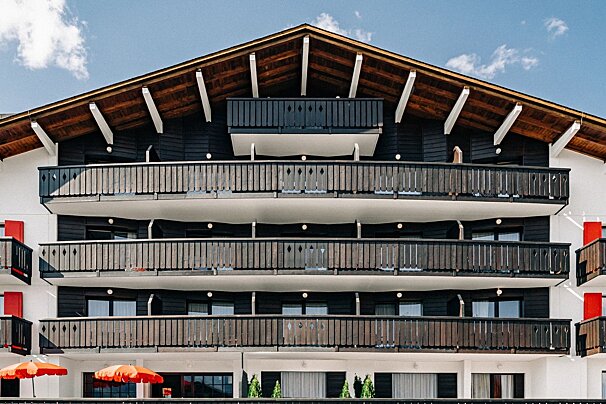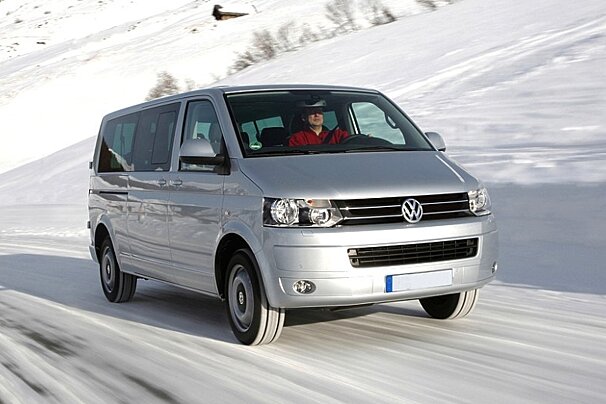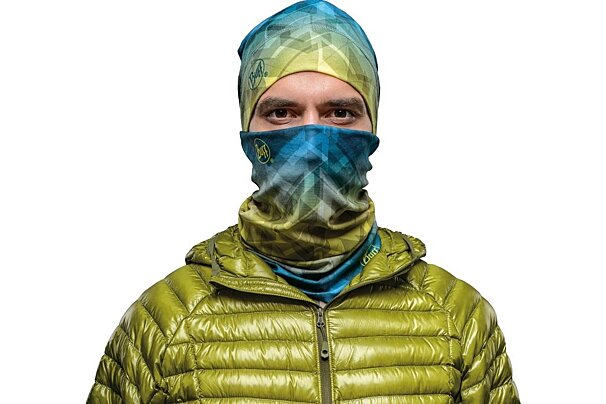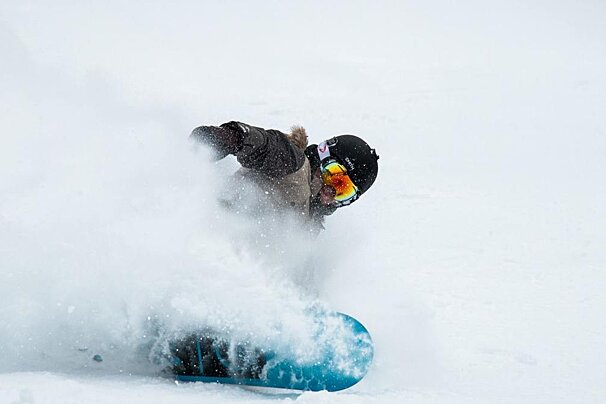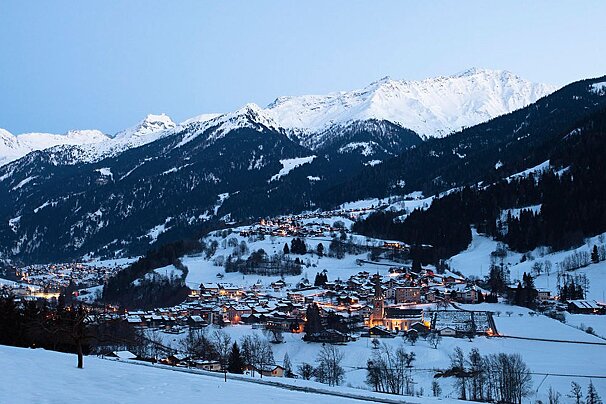You will not be covered for private treatment with your GHIC/EHIC, so make sure you are treated by a state-funded healthcare provider.
Any costs incurred for private healthcare are non-refundable.
What you're liable for upfront
You may be asked to pay your medical bills upfront and then claim a refund using your health card and insurance. You should always try to apply for your refund before you return home.
For information on reimbursement of costs in Switzerland, download the KVG information leaflets.
Remember to keep all receipts and any paperwork (make copies and keep the originals if necessary) as they might be needed by you or your insurance company to apply for a refund or reimbursement.
You should always carry your GHIC/EHIC card or insurance documents and present them at the time of the appointment or visit. This will ensure that the doctor gives you the correct forms so that you can reclaim the money spent.
If you are admitted to hospital, you should present your GHIC/EHIC on admission.
Payment type
The majority of doctors, dentists, pharmacies and hospitals will take bank cards for payment, but in smaller towns or resorts there is a chance that the service is cash only so you should be aware of this.
Remember to keep all receipts and any paperwork (make copies and keep the originals if necessary) as they might be needed by you or your insurance company to apply for any refund or reimbursement.
Pharmacy bills
If you need to collect medication from a pharmacy you will need to present the doctor’s prescription and any hospital or medical paperwork you were given. The price of the medicine will be printed out and the chemist will return it to you with your prescription. You pay the chemist directly.
Note: Not all medications can be reimbursed and rates vary between 15% and 100% of the sale price.
Claiming your reimbursement
You will need to provide the treatment form with stickers from the medicine packaging, copies of receipts and prescriptions, a copy of your GHIC/EHIC, your address of residence and your bank details, (including IBAN and BIC). Confirmation of your refund will be sent to your home address.
The GHIC/EHIC system is not an alternative to travel insurance. It does not cover private medical healthcare or costs such as mountain rescue in ski resorts, being flown back to the UK or lost or stolen property.
It is important to have both a GHIC/EHIC and a valid private travel insurance policy. Some insurers now insist you hold a GHIC/EHIC,.
If you do not have your GHIC/EHIC and need to pay the entire cost then keep all your paperwork and receipts and make a claim with your private insurance company.

